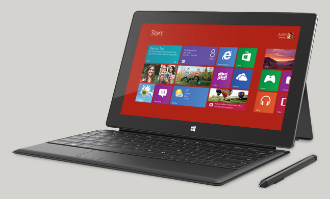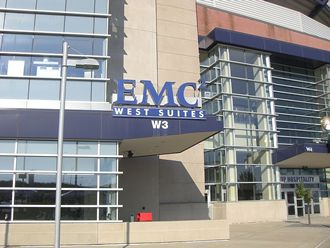 Analysts working for Gartner have noticed that Adobe has abandoned its software audits.
Analysts working for Gartner have noticed that Adobe has abandoned its software audits.
Big G research director Stephen White blogged saying that the programmes were closed in the North America, Japan and Latin America markets since November 2015.
“Closure of the EMEA program (sic) is currently underway; the company states it will maintain audit/compliance programming only in select markets throughout APAC,” he wrote.
Until recently, Adobe was also one of the top five most active auditing software publishers according to Gartner client surveys. However, the elimination of Adobe’s audit and licence compliance programme is not terribly surprising, considering the company’s aggressive conversion to SaaS subscriptions, and implementation of monitoring services including the Adobe Genuine Software Integrity Service.
White thinks this is a good thing, because it shows the company’s move to software-as-a-service has eased its piracy and counterfeiting problems to the extent that it doesn’t need to conduct audits any more.
With SaaS the outfit can see just what its customers are up to and fire off automated reminders of licensing obligations and take them to court if they ignore the request.



















